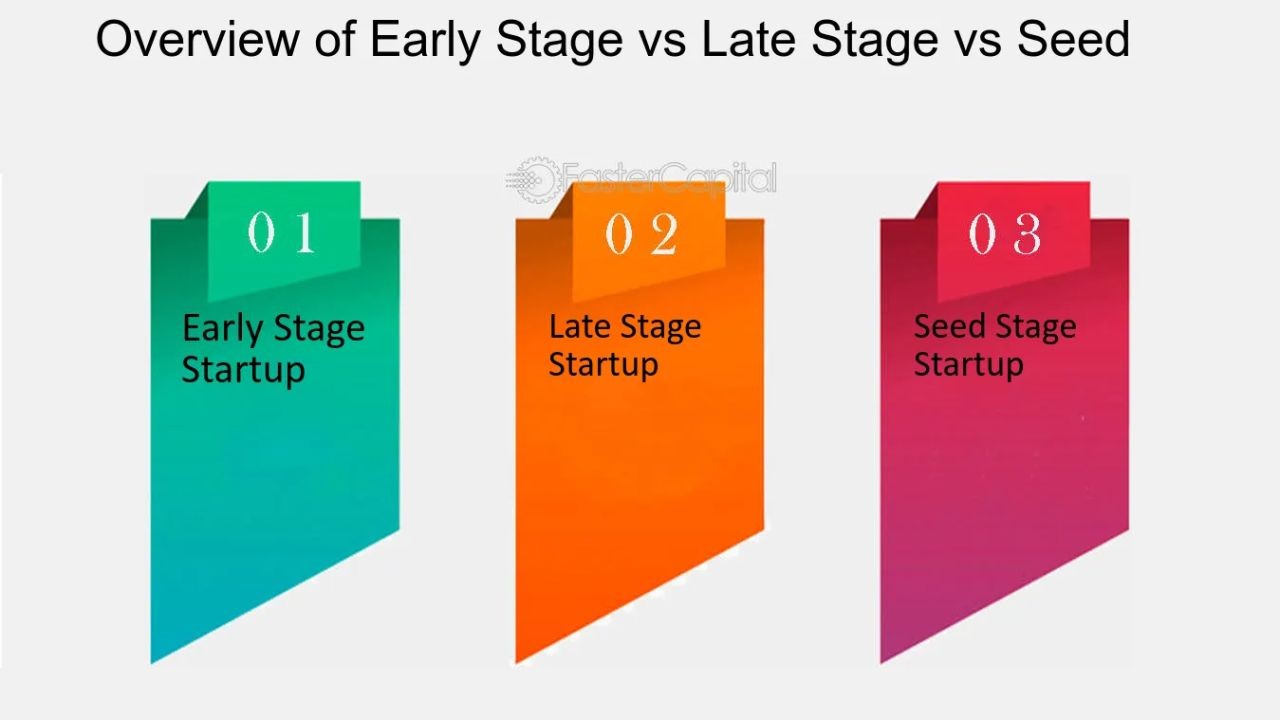Did you know that Australia is positioning itself as a formidable contender in the realm of cyber warfare? As the global landscape shifts towards digital dominance, Australia is not only keeping pace but also setting benchmarks. With its strategic investments and a robust policy framework, the nation is on a trajectory to become a cyber warfare superpower. This article delves into the intricate dynamics of this transformation, backed by data and expert insights, and explores what it means for Australia's economy, industries, and future security landscape.
Understanding the Cyber Warfare Landscape
Cyber warfare involves the use of digital attacks to disrupt, damage, or destroy information systems, often as part of a broader military strategy. In recent years, the frequency and sophistication of cyber-attacks have increased, with nation-states often being the perpetrators. Australia's focus on cyber warfare is not just about defense; it's about creating a strategic advantage in the global arena.
The Economic Implications for Australia
Australia's economy, heavily reliant on technology and the digital economy, faces significant risks and opportunities in the domain of cyber warfare. The Australian Bureau of Statistics (ABS) indicates that the digital economy contributes approximately $122 billion annually to the nation's GDP. Protecting this economic backbone from cyber threats is crucial.
Moreover, cyber security is becoming a significant industry in itself. The Australian Cyber Security Growth Network forecasts that the cyber security market will grow to $6 billion by 2026. This presents a dual opportunity: safeguarding existing digital assets and capitalizing on the economic potential of cyber security as an industry.
Australia's Strategic Policies
The Australian Government's commitment to cyber security is evident in its strategic policies. The 2020 Cyber Security Strategy outlines a $1.67 billion investment over ten years to bolster national cyber resilience. Key components include strengthening cyber defenses, enhancing partnerships with industry, and improving incident response capabilities.
Furthermore, the Australian Competition & Consumer Commission (ACCC) plays a critical role in regulating and protecting consumer data, ensuring that the private sector adheres to stringent data protection standards. This regulatory environment not only safeguards personal information but also enhances trust in digital services, a crucial factor for economic growth.
Comparative Analysis: Global vs. Australian Cyber Strategies
Globally, countries like the United States and China are at the forefront of cyber warfare capabilities. However, Australia's approach is distinct in its emphasis on collaboration and innovation. The nation is part of the Five Eyes alliance, which includes the US, UK, Canada, and New Zealand, providing access to shared intelligence and resources.
While the US focuses heavily on offensive capabilities, Australia's strategy is more balanced, emphasizing defense and resilience. This approach is not only about mitigating threats but also about building a sustainable digital ecosystem that can withstand future challenges.
Disruptive Technologies in Cyber Warfare
Artificial Intelligence (AI) and machine learning are revolutionizing cyber warfare. These technologies enable faster threat detection and response, automating processes that were previously manual. According to a report by Deloitte, AI-driven cyber security solutions can reduce breach costs by up to 50%.
For Australia, investing in these technologies is not just about enhancing defense mechanisms but also about fostering innovation. By nurturing a tech-savvy workforce and encouraging research and development, Australia can maintain its competitive edge in the digital economy.
Real-World Case Studies
Case Study: The Australian Signals Directorate (ASD) – Leading the Charge
Problem: The ASD, Australia's principal cyber defense agency, faced increasing cyber threats targeting national infrastructure and private sectors.
Action: The ASD implemented advanced threat intelligence and response systems, leveraging AI to predict and neutralize threats proactively.
Result: Within two years, the ASD reported a 30% reduction in successful cyber attacks on critical infrastructure.
Takeaway: Proactive measures and advanced technologies are crucial in enhancing national cyber resilience.
Case Study: Australian University – Enhancing Cyber Security Education
Problem: A leading Australian university struggled to keep its cyber security curriculum relevant in a rapidly evolving field.
Action: The university partnered with industry leaders to integrate real-world scenarios and emerging technologies into its courses.
Result: Enrollment in cyber security programs increased by 40%, and graduates reported higher employability rates.
Takeaway: Collaboration between academia and industry is vital in preparing a skilled workforce to tackle future cyber challenges.
Common Myths & Mistakes in Cyber Warfare
Myth: "Cyber warfare is only about defense." Reality: While defense is crucial, offensive capabilities and the ability to deter threats are equally important. Australia's balanced approach ensures comprehensive national security.
Myth: "Only large corporations need to worry about cyber threats." Reality: Cyber threats affect businesses of all sizes. SMEs in Australia are increasingly targeted due to perceived vulnerabilities.
Future Trends & Predictions
As Australia continues to enhance its cyber warfare capabilities, several trends are emerging. The integration of quantum computing could revolutionize encryption methods, making data more secure than ever before. Additionally, the rise of the Internet of Things (IoT) introduces new vulnerabilities but also opportunities for innovation in cyber defense.
By 2030, it's predicted that Australia will not only safeguard its digital assets but also export its cyber security expertise globally. This shift will transform cyber security from a protective measure to a significant economic driver.
Conclusion & Call to Action
Australia stands at the cusp of becoming a cyber warfare superpower, with strategic investments and policies paving the way. As the nation strengthens its digital defenses, it also opens up new economic opportunities. For businesses and individuals alike, staying informed and proactive in cyber security practices is crucial.
Join the conversation on how Australia can continue to lead in cyber security innovation. Share your thoughts and strategies on platforms like LinkedIn, and engage with industry experts to ensure a secure digital future for all.
People Also Ask (FAQ)
- How does cyber warfare impact Australia's economy? Cyber warfare affects Australia's economy by posing risks to its digital infrastructure, which contributes significantly to GDP. However, it also offers opportunities through the growth of the cyber security industry.
- What are the biggest misconceptions about cyber warfare? A common myth is that only large corporations are targeted. In reality, SMEs are increasingly vulnerable, making comprehensive cyber defenses essential for all businesses.
- What are the best strategies for enhancing cyber security? Experts recommend integrating AI-driven solutions, fostering industry-academia collaboration, and maintaining updated defense mechanisms to enhance cyber security.
Related Search Queries
- Australia cyber security strategy 2025
- Cyber warfare capabilities of Australia
- Impact of cyber attacks on Australian businesses
- Future of cyber warfare in Australia
- Australian cyber security industry growth
- AI in Australian cyber defense
- Australian Signals Directorate case study
- Cyber security education in Australia
- Australia's role in global cyber security
- Quantum computing in cyber security































